38 inference examples for students
› strategies › inferenceInference | Classroom Strategies | Reading Rockets Inference Helping students understand when information is implied, or not directly stated, will improve their skill in drawing conclusions and making inferences. These skills are needed across the content areas, including reading, science, and social studies. Inferential thinking is a complex skill that develops over time and with experience. en.m.wikipedia.org › wiki › InferenceInference - Wikipedia Inferences are steps in reasoning, moving from premises to logical consequences; etymologically, the word infer means to "carry forward". Inference is theoretically traditionally divided into deduction and induction, a distinction that in Europe dates at least to Aristotle. Deduction is inference deriving logical conclusions from premises known or assumed to be true, with the laws of valid inference being studied in logic. Induction is inference from particular evidence to a universal conclusion
› inferenceInference - definition of inference by The Free Dictionary in·fer·ence (ĭn′fər-əns) n. 1. a. The act or process of deriving logical conclusions from premises known or assumed to be true. b. The act of reasoning from factual knowledge or evidence. 2. a. Something inferred. b. Usage Problem A hint or suggestion: The editorial contained an inference of foul play in the awarding of the contract.
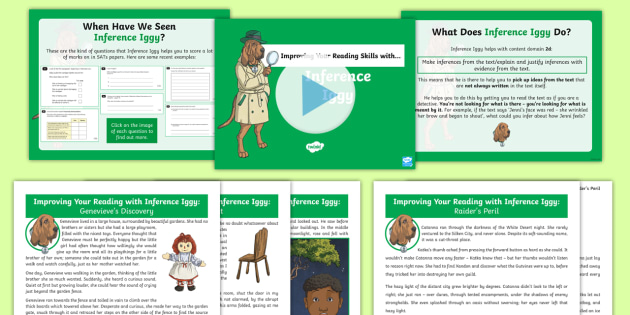
Inference examples for students
› career-development › making-inferencesMaking Inferences: How To Build This Critical Thinking Skill Mar 25, 2022 · Making inferences is a strategy that involves using evidence and reasoning to arrive at a conclusion. This critical thinking skill uses prior knowledge and experience to connect unknown facts with known information. Examining inferences can help you comprehend situations and understand them in their entirety. › thesaurus › inference21 Synonyms of INFERENCE | Merriam-Webster Thesaurus inference noun as in deduction an opinion arrived at through a process of reasoning that seems like a reasonable inference, but in this case it happens to be incorrect Synonyms & Similar Words Relevance deduction conclusion determination assumption decision consequence induction verdict conjecture diagnosis eduction sequitur ruling judgment guess study.com › academy › lessonWhat is Inference? - How to Infer Intended Meaning - Study.com Mar 26, 2022 · Inference is using observation and background to reach a logical conclusion. You probably practice inference every day. For example, if you see someone eating a new food and he or she makes a...
Inference examples for students. examples.yourdictionary.com › examples-of-inferenceExamples of Inference | YourDictionary An inference is something you conclude by putting together different pieces of evidence. What You Can Infer About Inferences Everyone makes inferences all the time. You can pull together these definitions and examples to make a conclusion about what inferences are, or infer what inferences are. What is an Inference in Reading? - Mometrix Test Preparation study.com › academy › lessonWhat is Inference? - How to Infer Intended Meaning - Study.com Mar 26, 2022 · Inference is using observation and background to reach a logical conclusion. You probably practice inference every day. For example, if you see someone eating a new food and he or she makes a... › thesaurus › inference21 Synonyms of INFERENCE | Merriam-Webster Thesaurus inference noun as in deduction an opinion arrived at through a process of reasoning that seems like a reasonable inference, but in this case it happens to be incorrect Synonyms & Similar Words Relevance deduction conclusion determination assumption decision consequence induction verdict conjecture diagnosis eduction sequitur ruling judgment guess
› career-development › making-inferencesMaking Inferences: How To Build This Critical Thinking Skill Mar 25, 2022 · Making inferences is a strategy that involves using evidence and reasoning to arrive at a conclusion. This critical thinking skill uses prior knowledge and experience to connect unknown facts with known information. Examining inferences can help you comprehend situations and understand them in their entirety.

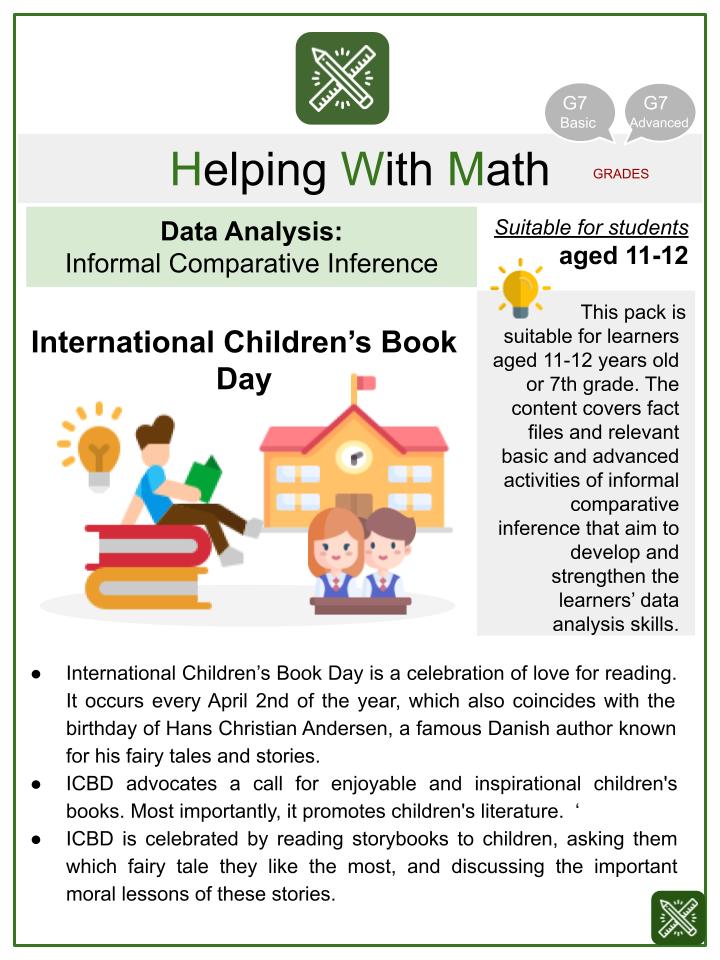
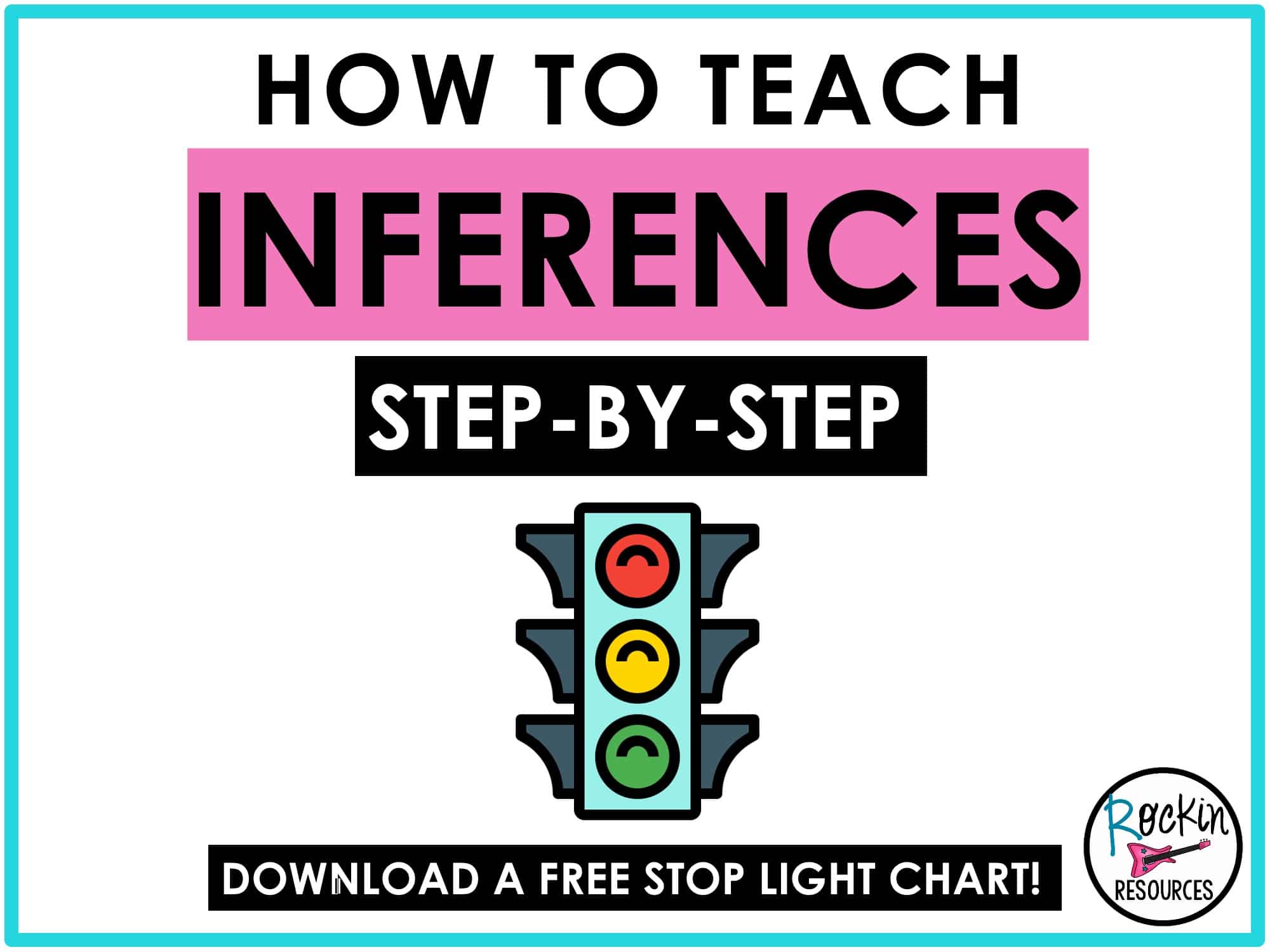
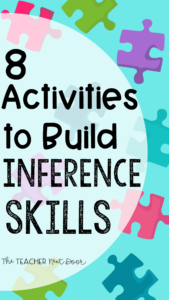




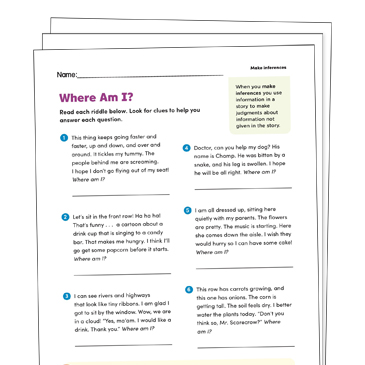





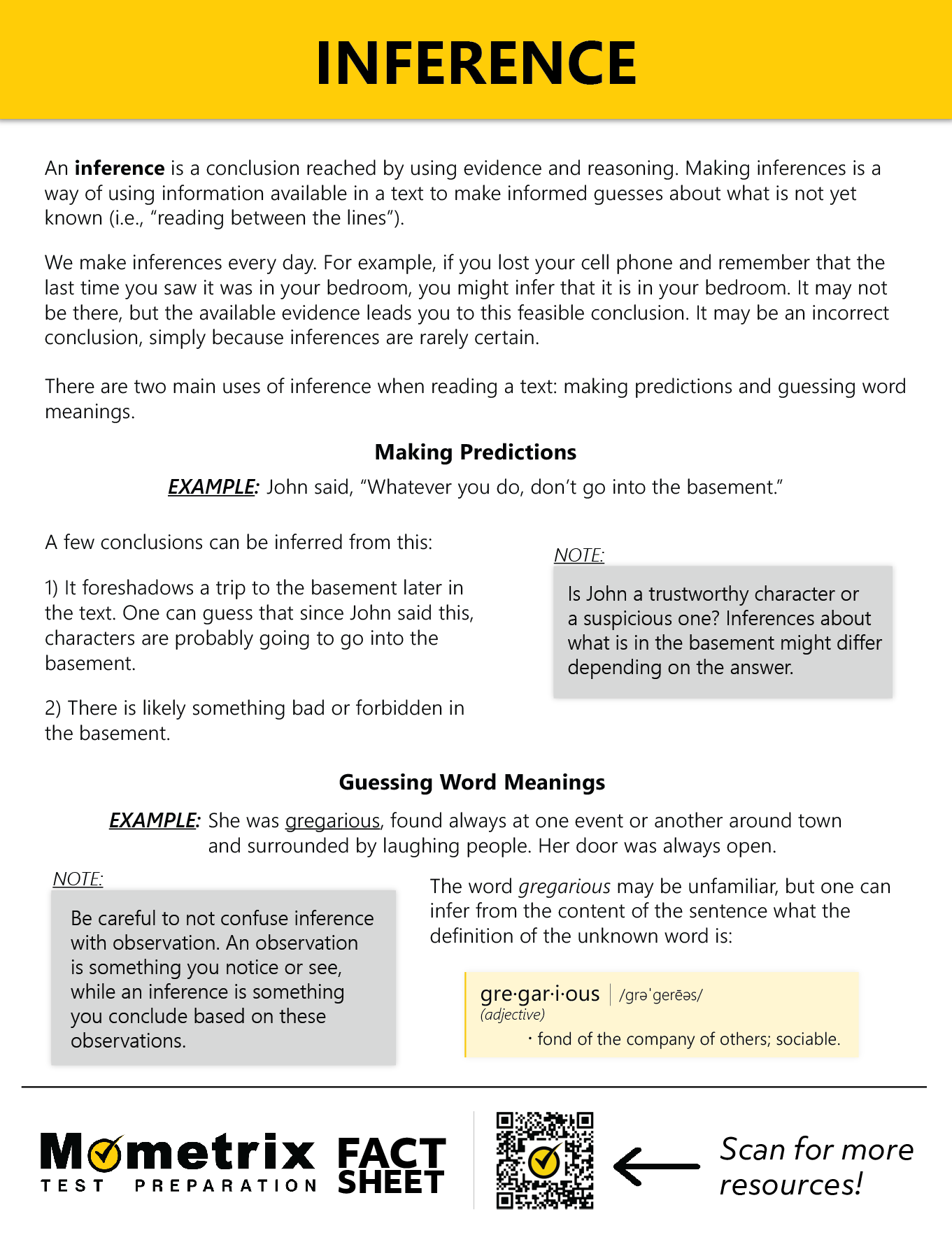
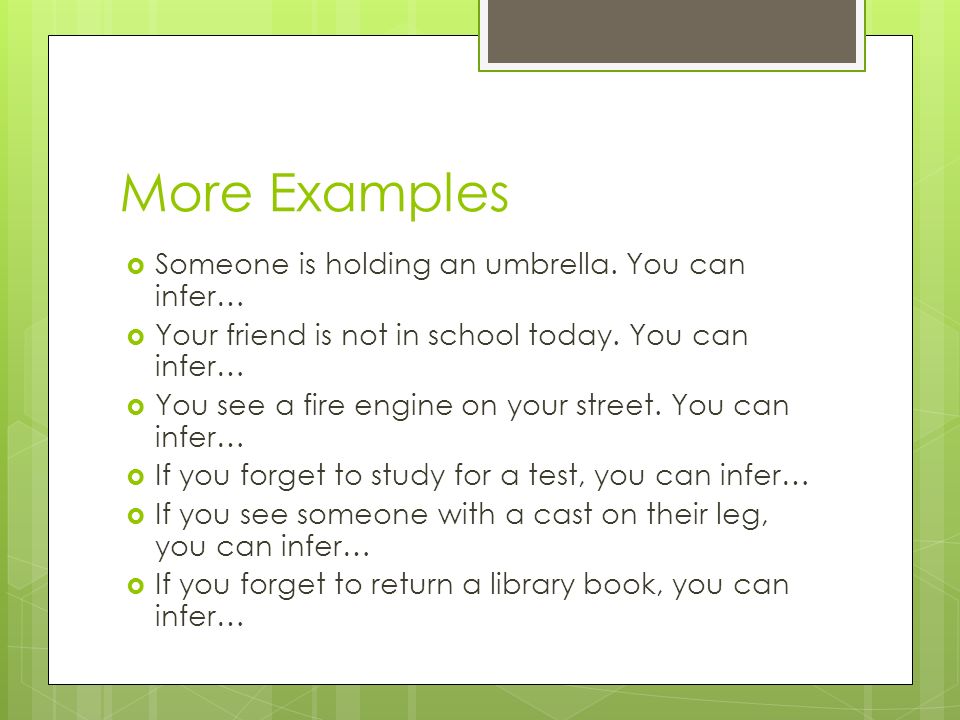
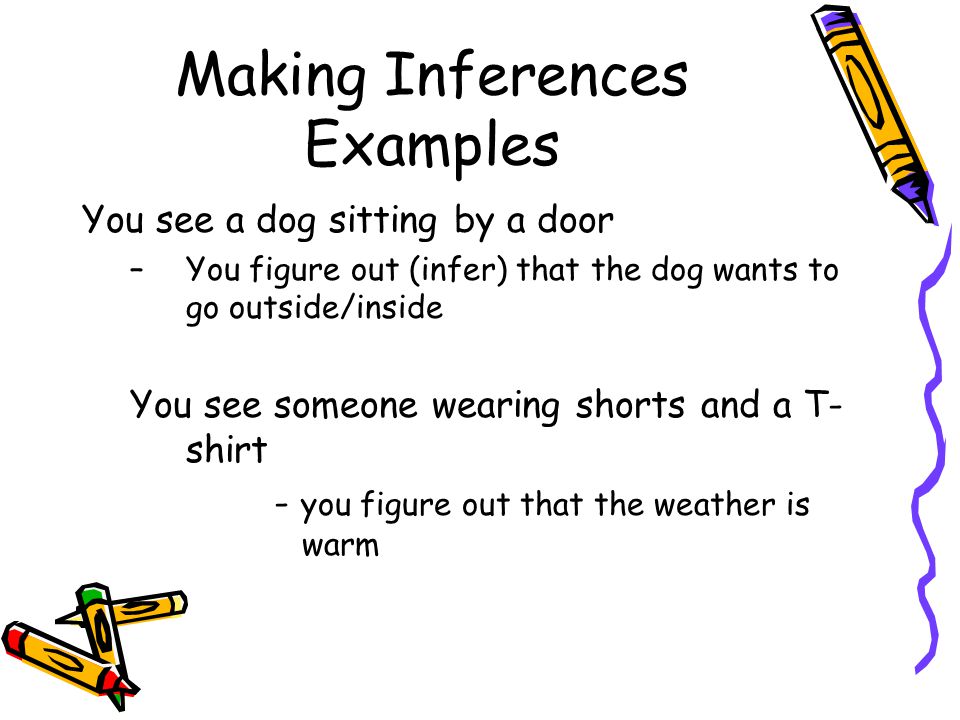

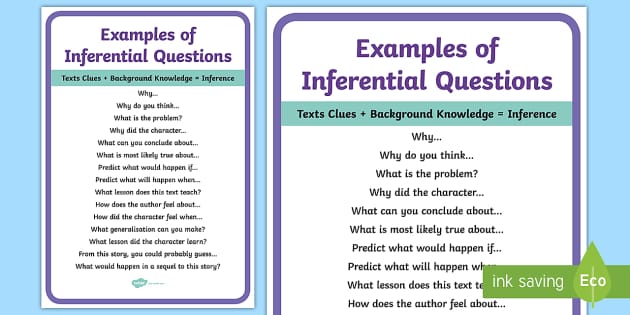
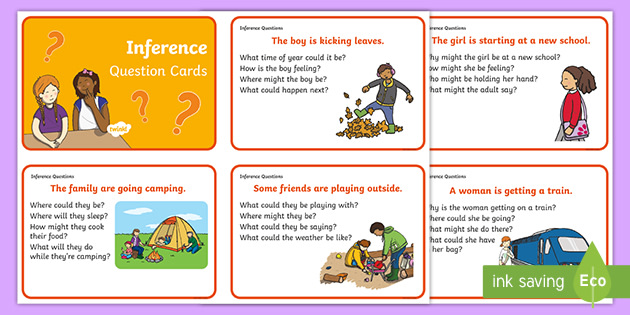
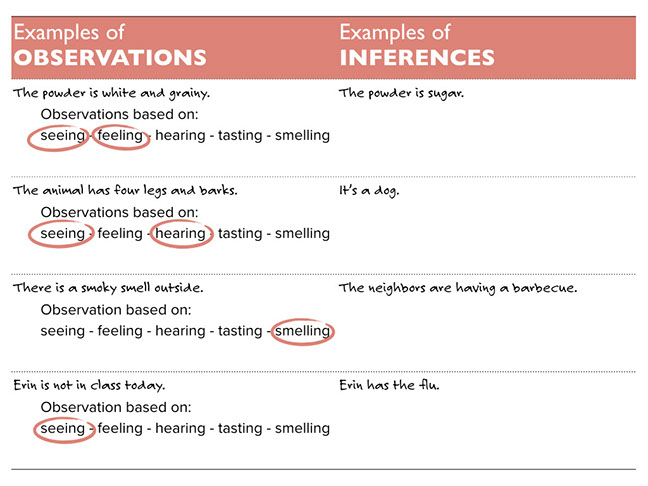


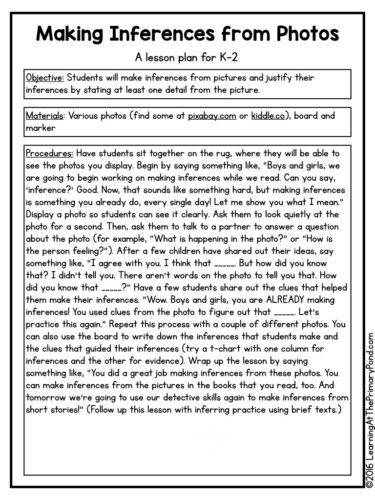
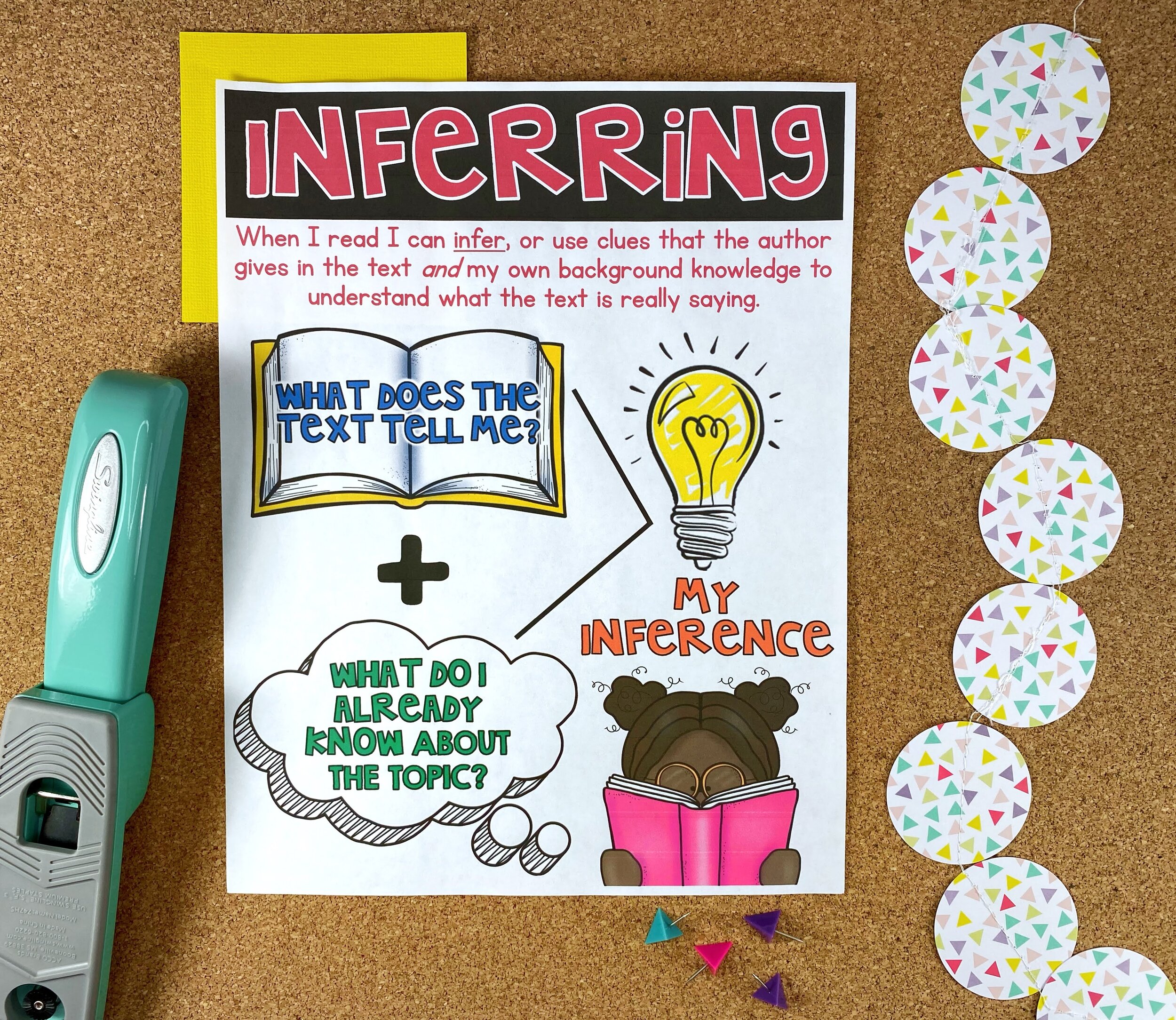


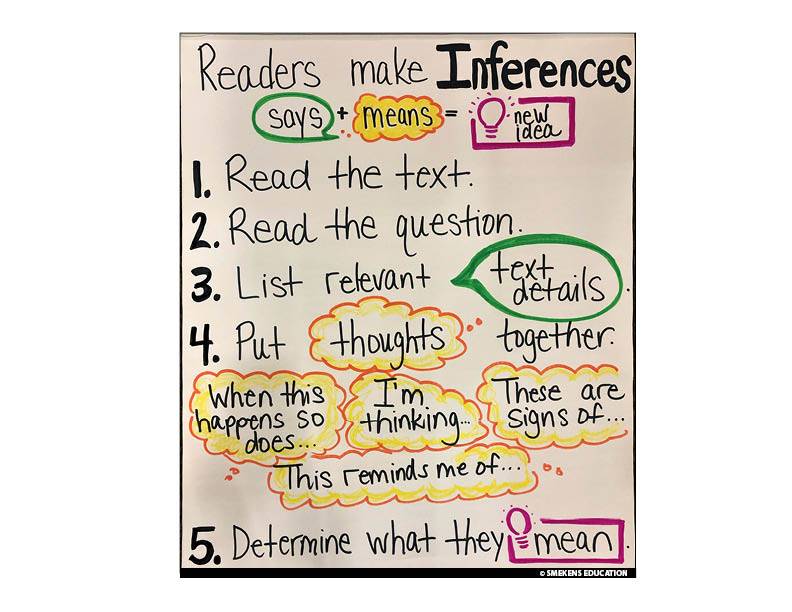

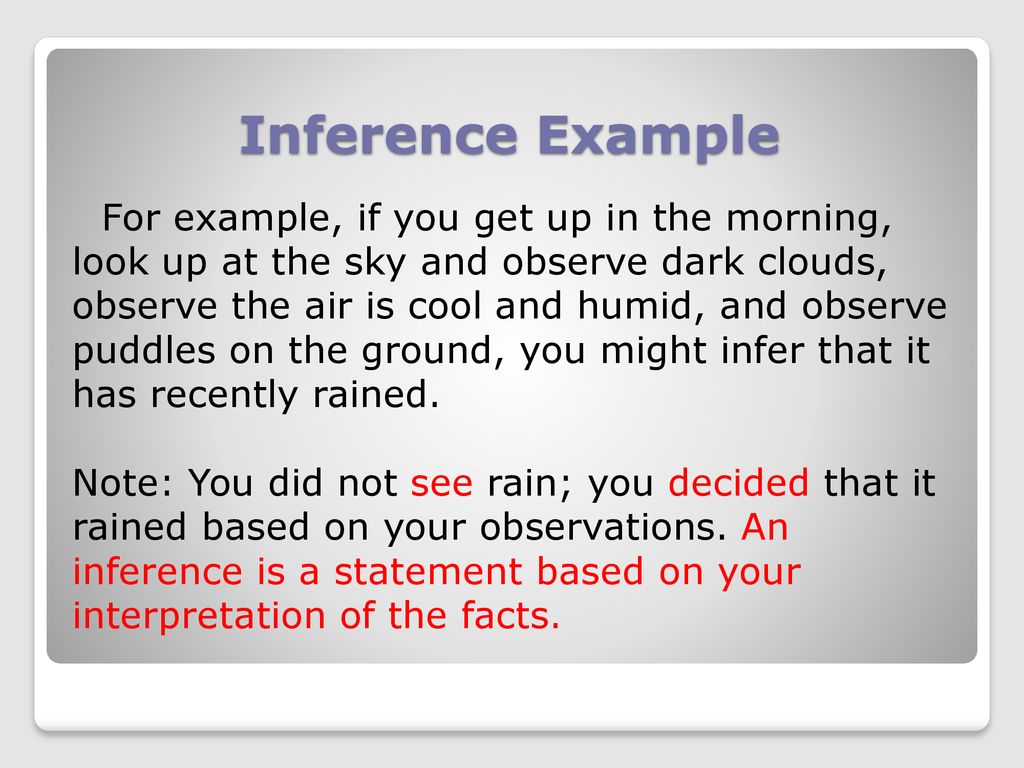



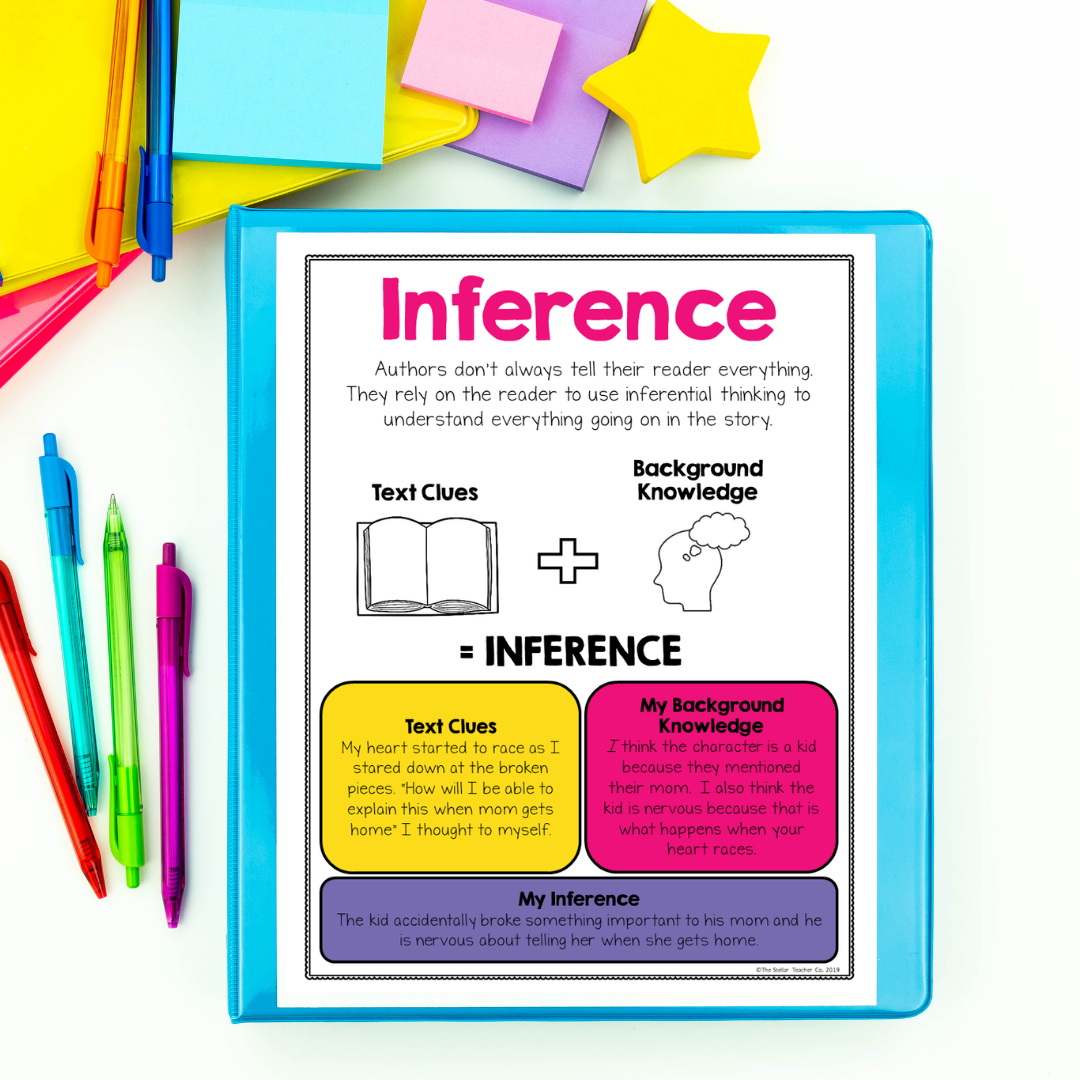
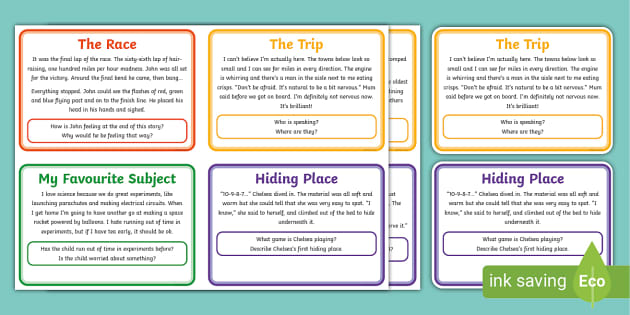
0 Response to "38 inference examples for students"
Post a Comment